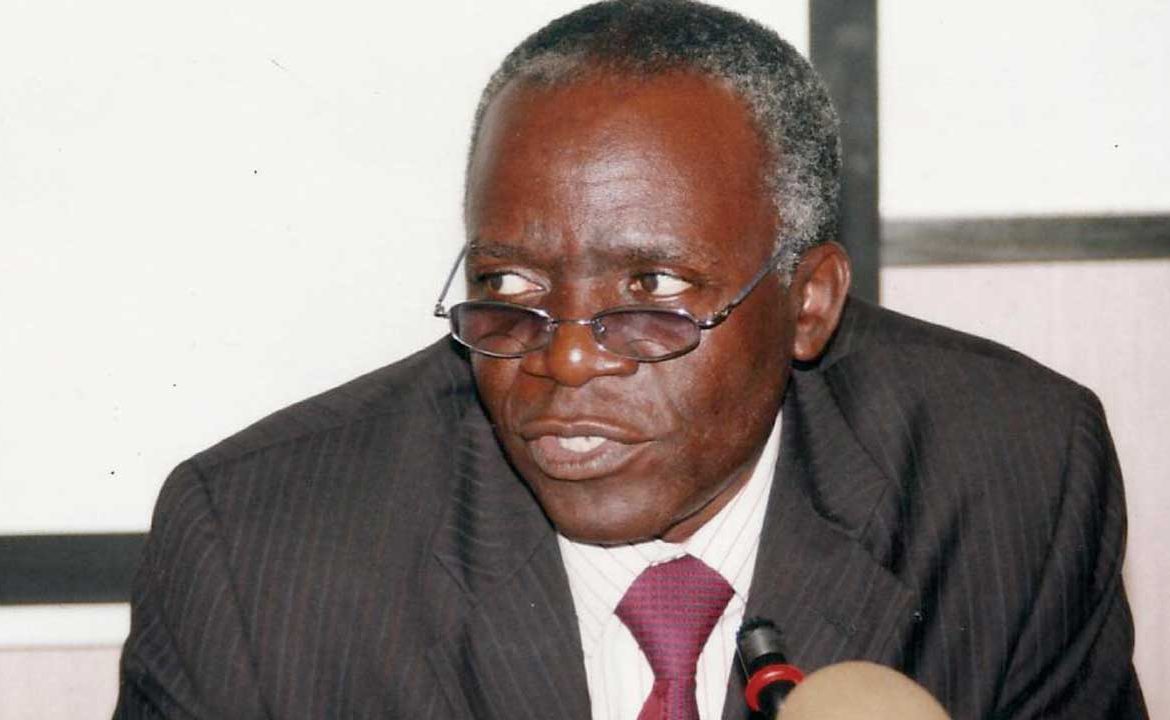This material belongs to: Daily Post.
Human rights lawyer, Femi Falana has asked members of the Nigeria Bar Association (NBA) to take up the task of policing Judges and lawyers with a view to stamping out corruption in the judiciary.
He said contrary to the general believe that the Judiciary was corrupt, only a few Judges and lawyers could be said to be corrupt.
The human Rights lawyer made this call on Thursday in Akure, Ondo state capital, during annual seminar /workshop organised by Ondo state Judiciary, as part of activities marking the Ondo State legal year.
He also charged members of the NBA to expose corrupt judges within the system in order to flush them out.
Speaking while delivering his lecture, titled “Access to Justice: Socio- Cultural and Economic and Geographic limitation, A critique”, Falana said “If the NBA is serious or committed to the eradication of judicial corruption, it has the capacity to do so.”
He said further “with 120 branches spread across the country, the NBA can police judges, lawyers and court officials with a view to stamping out corrupt practices”.
“Because the NBA was condemning corruption without adopting any concrete measure to stop it, the security and anti-graft agencies recently seized the initiative and arrested judges in the dead of the night to the eternal embarrassment of the legal profession.”
“To prevent any further embarrassment of our judges, the NBA and the NJC ought to adopt an inbuilt mechanism for exterminating the menace of corruption from the bar and bench.”
He said NBA should not hesitate to expose and isolate corrupt judges across the country.
He said “not all judges are corrupt but those that are corrupt should be named, exposed and isolated and not lumped with innocent judges.”
“Lawyers know all the corrupt judges and court officials. The information is freely circulated among lawyers. Members of the public also know judges who collect money from them either directly or through lawyers or court clerks.”
He recalled what happened in Ghana where its Bar Association was paying lip service to corruption, and a video recording by a journalist showed where judges were negotiating and collecting bribes was exposed.
“At the end of the recording, he exposed, named and shamed the indicted judges. They were promptly investigated by the Ghana judicial council and dismissed from the bench,” he said.
Falana also regretted that judges and lawyers had refused to take advantage of the relevant procedural laws to prevent the denial of access to justice to disadvantaged and vulnerable people in the society.
“We need judges who are prepared to insist that their hands cannot be tied by unjust laws to do injustice even if the heavens would fall.”
“It is not sufficient for our judges to quote Lord Denning with relish. Our judges must emulate him by ensuring that the gates of our courts are flung open to citizens with genuine grievances,” he stressed.


